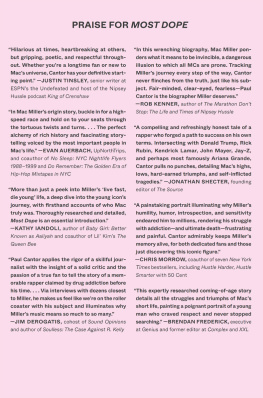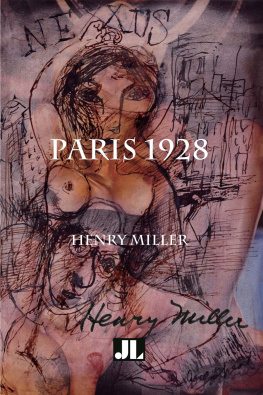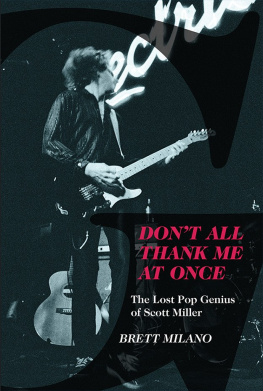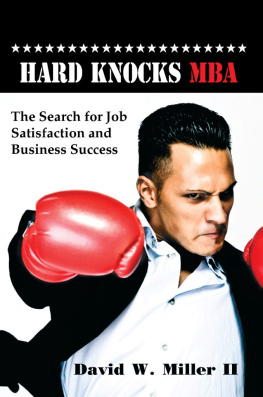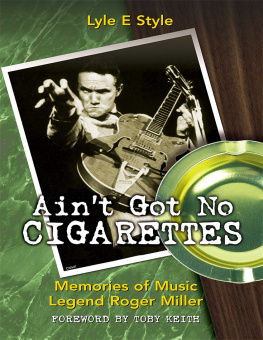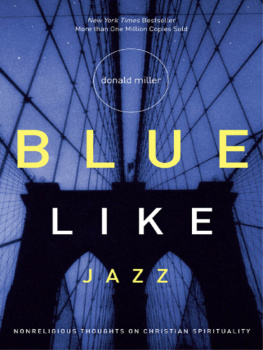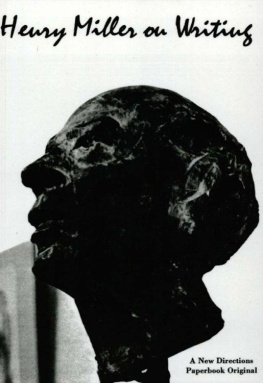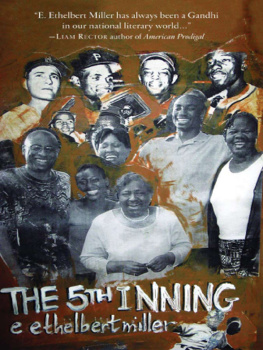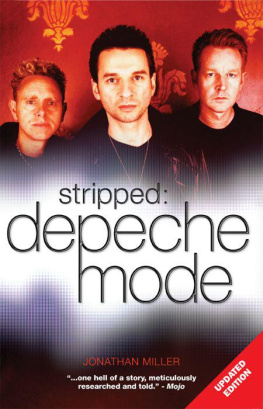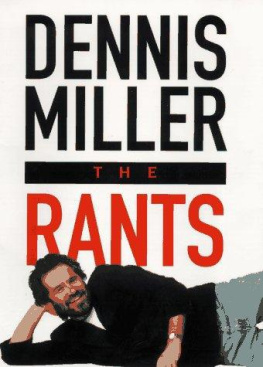Contents
Landmarks
Page List
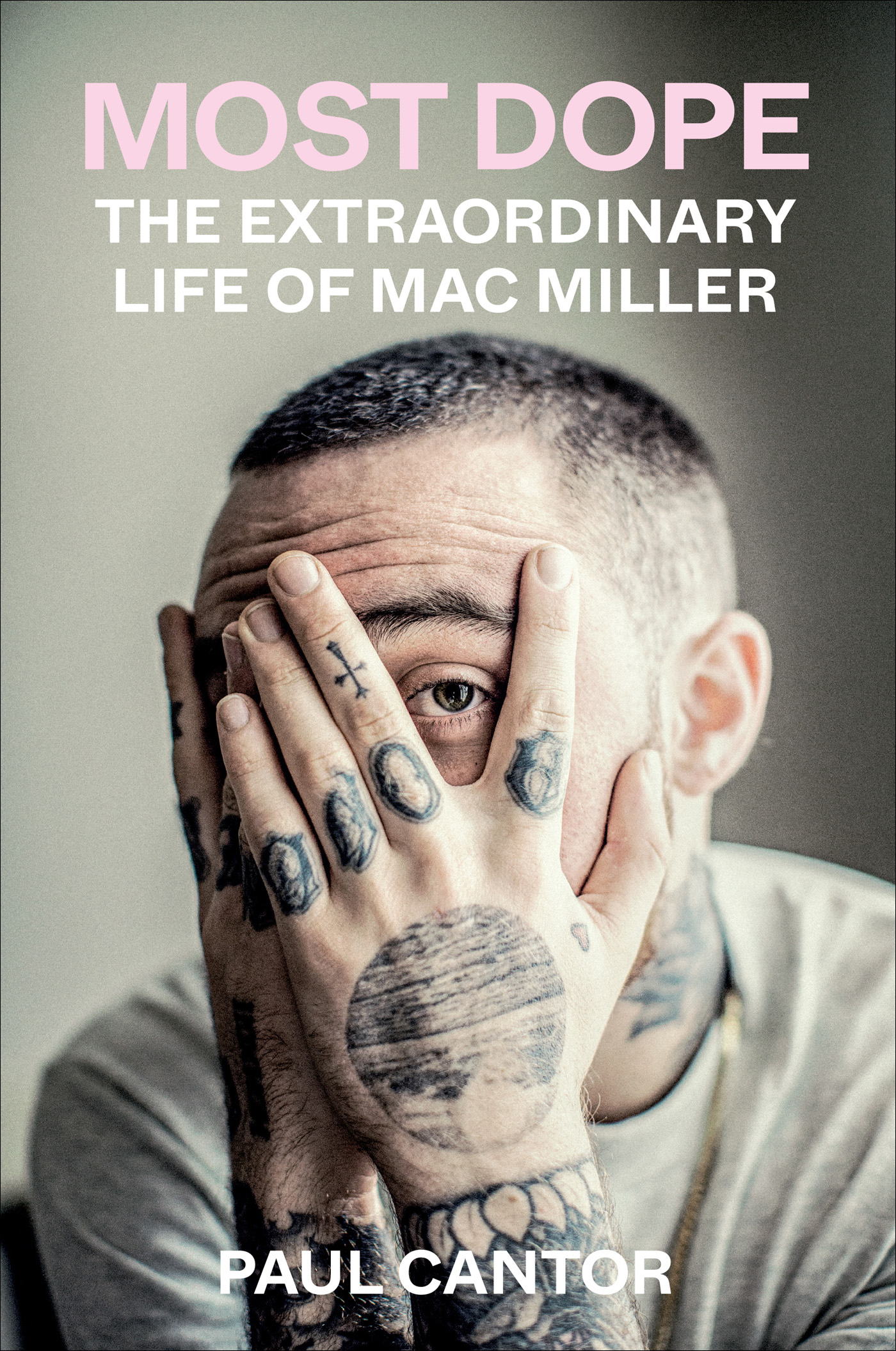

Copyright 2022 Paul Cantor
Cover 2022 Abrams
Conversations in the book have been reconstructed based on the authors reporting. Where dialogue appears, the intention was to re-create the essence of conversations rather than verbatim quotes.
Published in 2022 by Abrams Press, an imprint of ABRAMS. All rights reserved. No portion of this book may be reproduced, stored in a retrieval system, or transmitted in any form or by any means, mechanical, electronic, photocopying, recording, or otherwise, without written permission from the publisher.
Library of Congress Control Number: 2021934858
ISBN: 9781-419748004
eISBN: 9781-647005221
Abrams books are available at special discounts when purchased in quantity for premiums and promotions as well as fundraising or educational use. Special editions can also be created to specification. For details, contact specialsales@abramsbooks.com or the address below.
Abrams Press is a registered trademark of Harry N. Abrams, Inc.

ABRAMS The Art of Books
195 Broadway, New York, NY 10007
abramsbooks.com
For my wife and daughter, my extended family, and most importantly, you.
AUTHORS NOTE
In 2009, long before anyone really knew who Mac Miller was, I received a message from a gentleman named Arthur Pitt, who was working as a publicist for an up-and-coming independent record label out of Pittsburgh called Rostrum Records.
The label was the brainchild of Benjy Grinberg, a former assistant to legendary record exec L.A. Reid, and had endured some early struggles with an artist they were trying to breakhis name was Wiz Khalifa.
Very early in Wizs careerAugust of 2006I interviewed the baby-faced rapper for a short profile that was to run in a forthcoming issue of XXL magazine, at the time hip-hops most important publication. Capable of minting stars overnight, XXL was initially enthusiastic about Wiz, but after my article was written, they changed their mind and declined to publish. He just wasnt popular enough yet.
But there I was that day some years later, sitting alone in my Staten Island apartment, when my AOL Instant Messenger alerted me to a new message from Arthur, whom most everyone colloquially referred to as Artie. Rostrum had gone to the mat with Wiz, and after numerous independent releases and a botched deal for him with Warner Bros. Records, Wiz was beginning to experience real success.
Artie wanted me to check out a new artist he was working with. He sent me a YouTube clip; in it, a young rappera white kid, no lesssat with the camera close to his face, freestyling aggressively in a pained effort to impress anyone who might be watching.
Im thinking of working with this kid, Artie said. Tell me what you think.
Back then, I was already half a decade into writing about rap music; with a popular blog that I penned on XXLs website, and freelance work for outlets like Vibe, Complex, and MTVto say nothing of my work as an aspiring record producermusic industry people were always asking me to check something or someone out.
A tough critic who had been a hip-hop obsessive since the early nineties, I was often let down by what I heard or saw, and I expected very little from what Artie had sent me. I considered Artie a friend, and I liked Wiz Khalifa, but wasnt terribly impressed with some of the newer artists Artie was working with.
That day, though, when I pressed play, I immediately thought the rapper before meMac Millerhad bars, that at a time when being super-lyrical was not trendy, he was clearly an above-average lyricist using the most time-honored tool of the hip-hop trade, the freestyle, to make his name known. Moreover, there was a kernel of something there. He was young, still in high school, but you could see a spark, the undeniable and indefinable it factor that the music industry is built on. I told Artie he should work with him, and while Im certain I wasnt the only person he consulted for advice, he wisely decided to do so.
Unlike Wiz, Mac took off quickly. It seemed that as soon as Rostrum began working with him, he was everywhere. I couldnt help but feel that so much of the work the label had done with Wiz had helped Mac outin the end, though, a label was only as good as the artists on its roster. And Mac was an unbelievable talent. He could write, produce, perform, and so much more. But even that is often not enough to turn someone into a star, let alone a legend.
What set Mac apart, I think, is that he was genuinely interested and enthusiastic, perhaps to an unhealthy degree, about what he did. He seemed to be unflinchingly nice and charismatic, a genuine human who endeared himself to everyone he met. But the thing that made him truly great, the thing that allows his name to echo from this generation to the next and beyond, is that he just wanted it more.
He wasnt afraid or embarrassed or too cool to say he wanted to be great. And he didnt just want to be great for himself, he wanted to be great for you, for me, and for everyone else. He also saw greatness in other people, wanted it just as badly for them, even when they did not want it bad enough themselves. Life, to him, was something you had to live to its fullest potential.
I met Mac a few times. We didnt have a close relationship, though I have no doubt that between our mutual friends and my profile as a writer, he was aware of me in some regard. He was complimentary when I reviewed his second album for VIBE, which I appreciated (especially because it wasnt the most flattering review). And since he seemed to have a long career ahead of him, I always assumed I would one day write something substantial about him. I certainly didnt know it would be this.
Working on this book was an unbelievable challenge. Mac was an endlessly fascinating character, someone whose perspective on life interested me as much as his art. He seemed to have grown up in public, and was open about many of his struggles. But when he died on September 7, 2018, Ilike many othersfelt it was a terrible tragedy. He had just released the best album of his career, Swimming, and there were still so many questions unanswered.
Still, while I thought I was familiar with his story, it wasnt until I began traveling back and forth to Pittsburgh, spending time walking the very same streets he grew up on, and talking to his close friends, that so much of this book started to come together. Even then, though, it was difficult; the pain of having lost him was still so raw for many, and the challenge of asking people questions was something that I, for one of the first times in my life, had moral concerns about. Too soon, I seemed to keep telling myself, its too soon.
But then I noticed something. Despite what my inner voice was telling me, the people I had reached out to for interviews kept wanting to talk. The pain of losing their friend, Mac Miller, was still fresh. But they wanted to share. They had all these memories, all these experiences, all this life that they had lived with him. Not all of it was good, some of it was bad, and, of course, some of it existed in that vast space in between.
However, the thing that really drove home how important this book was to write, how essential this was book was to write, came on the one-year anniversary of Malcolms passing. That night, there was a party held in his honor; it was in Pittsburgh, and his longtime DJ, Clockwork, was manning the decks. All proceeds were being donated to the Mac Miller Fund, a charity that supports programming, resources and opportunities to youth from underserved communities, helping them recognize their full potential through exploration in the arts and community building.

